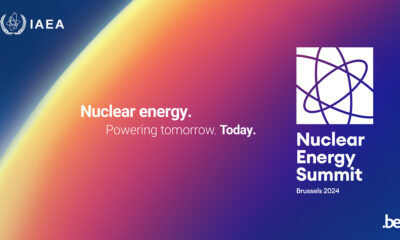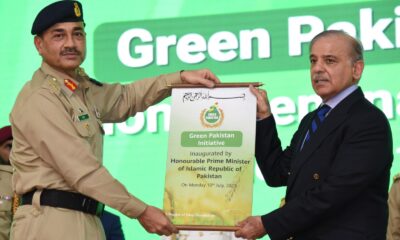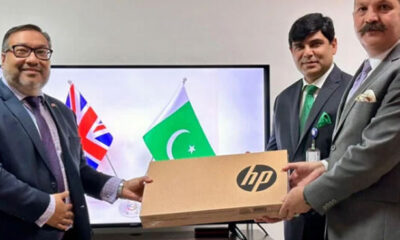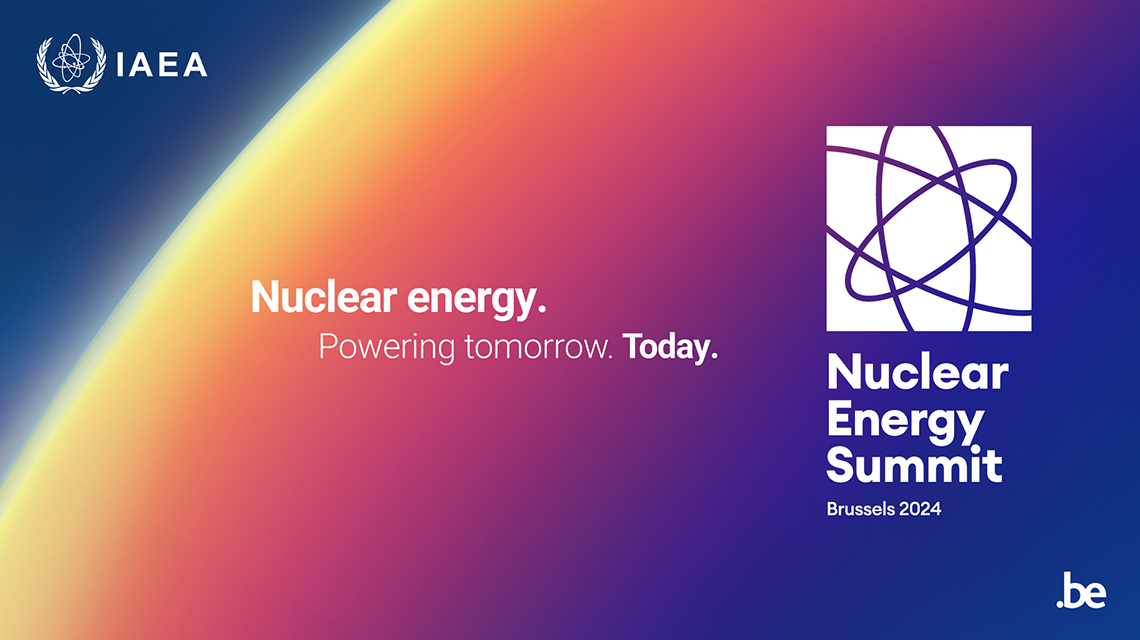Tech
Open letter raises ethical and societal concerns over AI’s progress

Latest News
Punjab will provide fifty thousand solar kits.
Pakistan
There will be free WiFi in public parks.
Pakistan
FM Ishaq Dar praises IAEA for using nuclear technology in a “peaceful” manner
-

 Latest News2 days ago
Latest News2 days agoPakistani reforms discussed by IMF chief and finance minister
-
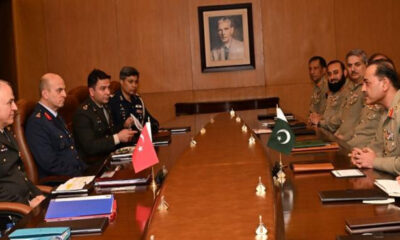
 Latest News1 day ago
Latest News1 day agoChief of Staff of the Turkish Army, called COAS
-
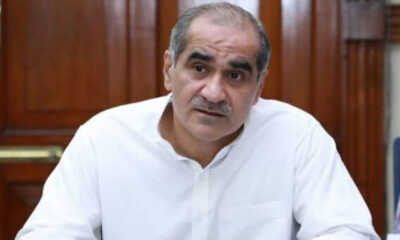
 Latest News2 days ago
Latest News2 days agoSenior PML-N leaders want the X ban lifted.
-

 Latest News1 day ago
Latest News1 day agoRain cancels out Pakistan vs. New Zealand’s opening Twenty20 international
-
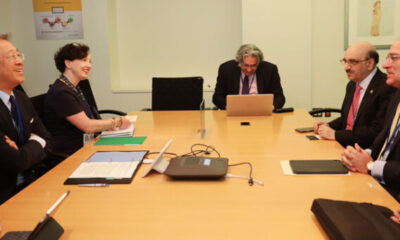
 Business2 days ago
Business2 days agoDonald Lu visits Finance Minister Aurangzeb at the World Bank headquarters.
-
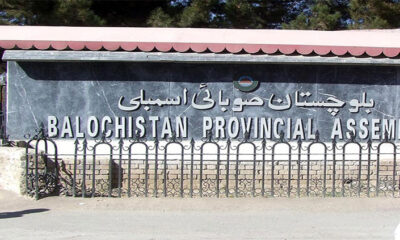
 Latest News2 days ago
Latest News2 days agooath-taking ceremony for the Balochistan cabinet postponed
-
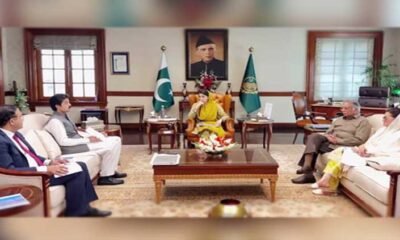
 Latest News2 days ago
Latest News2 days agoThe government of Punjab will introduce Himmat and Nigheban cards. Who is going to gain from this?
-
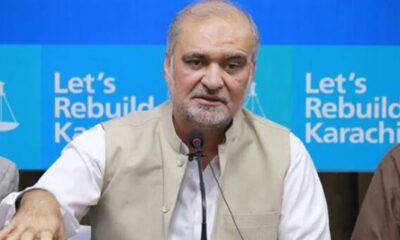
 Latest News1 day ago
Latest News1 day agoAfter taking an oath to lead JI, Hafiz Naeem declares an anti-government movement.





